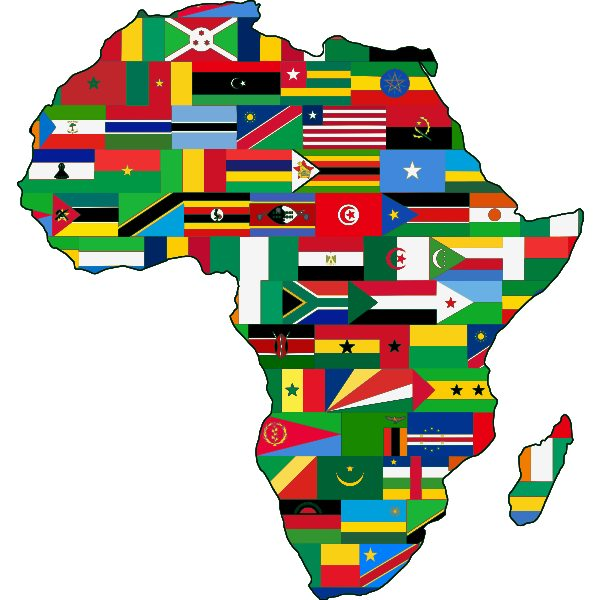Today is Africa Day, which commemorates the foundation of the Organization of African Unity (now known as the African Union) on May 25, 1963.
Like the better-known European Union, the AU is an ambitious effort to unite an historically fractious continent along political, legal, and economic lines; it includes a founding charter (much like a constitution), legislative parliament, executive council, and even a court. The AU’s newly launched free trade area is the largest in the world by population and number of members, and the continent’s young and fast-growing population, combined with vast natural resources, make it likely to be a major driver of human civilization in the next several decades.
Other fun facts about the world’s least understood continent:
- Africa has 54 countries; until European colonial rule in the 19th century, Africa comprised up to 10,000 different states, tribes, and independent societies with distinct languages and customs.
- Africa is the most ethnically and genetically diverse continent in the world, and by some measures has more diversity than the rest of the world combined.
- Africa is bigger than China, India, the continental U.S., and most of Europe combined.
- Over 25% of all languages are spoken only in Africa, constituting about 2,000 recognized languages.
- The most common language is Arabic (spoken by 170 million people), followed by English (130 million), Swahili (100), French (115), Berber (50), Hausa (50), Portuguese (20) and Spanish (10). Most Africans speak at least two languages: their native tongue plus one of the “national” languages usually originating from colonials. However, tens of millions are multilingual.
- Africa has over a billion people and is expected to double in size over the next couple days, resulting in the world’s largest working-age population at 1.1 billion. As every other continent will experience decline or stagnation during this period (if not already), Africa’s youthfulness will prove a major asset and source of influence.
- While Africa remains the poorest continent, by the end of the decade, most nations will be “middle income”. Over one-third of African countries had 6% or higher growth rates, and another 40% growing between 4% and 6% per year. Several international observers have named Africa as the future economic growth engine of the world.
- Almost half of the gold ever mined on Earth has come from a single place—Witwatersrand, South Africa. The continent ranks first or second in world reserves of bauxite, cobalt, industrial diamond, phosphate rock, platinum-group metals (PGM), vermiculite, and zirconium.
- Africa’s urbanization rate is around 37% comparable to China’s and larger than India’s. It’s expected to be the fastest urbanizing region through 2050.
- Since the Cold War ended in 1991, the number of armed conflicts has fallen from more than 30 to about a dozen.
- Between 2000 and 2015, the estimated number of malaria cases in declined by 88% while malaria death rates declined by 90%.
- Africa has eight of the 11 major biomes (e.g., desert, tropical rainforest, etc.) and the largest-remaining populations of lion, elephant, rhinoceros, cheetah, hyena, leopard, and hundreds of other species. Many animals like giraffe, zebra, gorilla, hippopotamus, chimpanzee, and wildebeest are unique to the continent, and it hosts over one-fourth of the world’s bird species.
- Between 2000 and 2015, the estimated number of malaria cases in Africa declined by 88 percent while malaria death rates declined by 90 percent.
- Africa has eight of the 11 major biomes (e.g., desert, tropical rainforest, etc.) and the largest-remaining populations of lion, elephant, rhinoceros, cheetah, hyena, leopard, and hundreds of other species.
- Many animals like giraffe, zebra, gorilla, hippopotamus, chimpanzee, and wildebeest are unique to the continent, and it hosts over one-fourth of the world’s bird species.
- Most Africans are adherents of Christianity or Islam, with both religions about even in proportion and population (though some sources suggest Muslims are slightly larger).
- While practitioners of traditional African religions are in the minority in most countries, many who identify as Muslims or Christians nonetheless incorporate traditional beliefs and customs.


Leave a comment